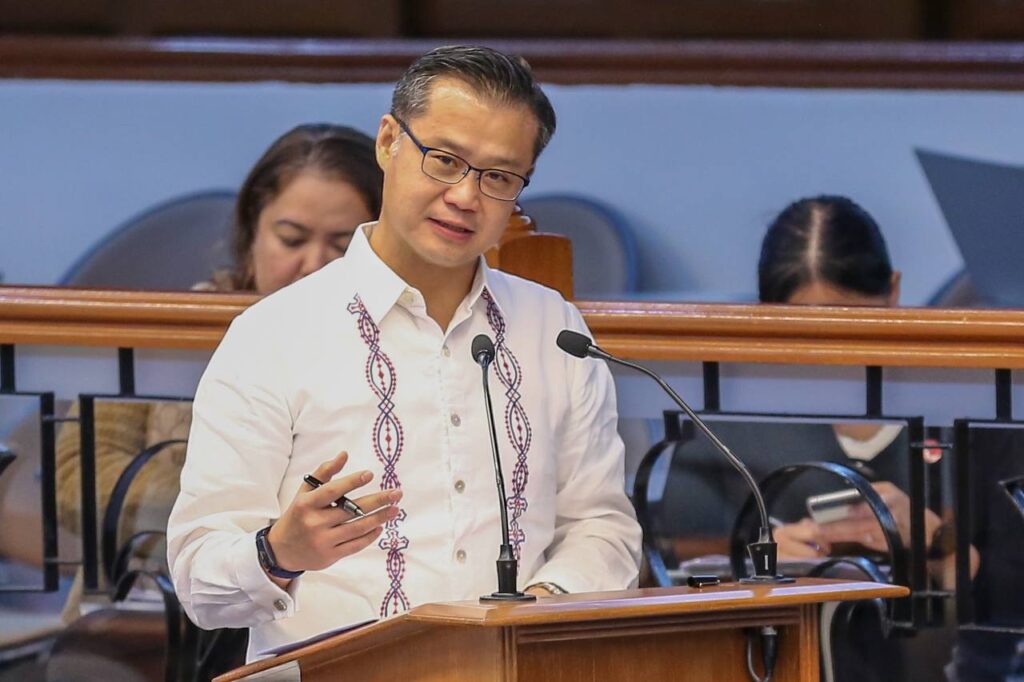Senator Win Gatchalian is seeking to amend murky provisions of the Corporate Recovery and Tax Incentives for Enterprises, or the CREATE Act, to address concerns such as lack of clarity and consistency in the measure’s implementing rules and regulations (IRR).

The chair of the Senate Committee on Ways and Means, Gatchalian filed proposed Senate Bill No. 2654, or an Act Enhancing Philippine Tax Incentives (CREATE More). “The measure aims to clarify the rules and policies on the administration of the fiscal regime incentives in the hope that such a move would pave the way to a more stable investment climate and attract new investors,” he said.
Gatchalian noted that three years after the passage of the CREATE law, which was enacted in February 2021, its IRR has led to vagueness on the tax liabilities of registered business enterprises (RBEs).
According to him, major concerns in the implementation of the CREATE law include the entitlement to the VAT-zero rating on the local purchases incentive which requires the taxpayer to prove that such purchases are “directly and exclusively” used in their registered activities.
This gives the Bureau of Internal Revenue (BIR) wide discretion on what to consider “direct” and “exclusive”, resulting in the imposition of 12% VAT on local purchases, Gatchalian said.
Another issue is the denial of requests to allow work-from-home arrangements for RBEs in the information technology and business process management (IT-BPM) sector, which is considered crucial in terms of employee attraction and retention.
Further, corporations are also facing delays in receiving VAT refunds, leading some companies to consider withdrawing from the market, Gatchalian said. Even after submitting the necessary paperwork, the BIR continues to deny issuance of rebates by citing rules not clearly written in existing tax laws, Gatchalian said.
To resolve such issues, CREATE More seeks to amend the applicability of duty and VAT exemption on the importation of capital equipment, raw materials, spare parts, or accessories and VAT-zero rating on local purchases from “directly and exclusively used” in registered projects to “directly attributable”; allow RBEs in the IT-BPM sector to institute a telecommuting program, including work-from-home arrangement exclusively within the geographical boundaries of economic or freeport zones to cover not more than 50% of total workforce; and transfer the mandate to process VAT refund claims from the BIR to the Revenue Operations Group under the Department of Finance, according to Gatchalian.
The proposed measure also seeks to allow RBEs to elect an enhanced deductions regime after the entitlement to income tax holiday and grant 100% additional deduction for power cost to improve the country’s competitiveness, among others, he added.


